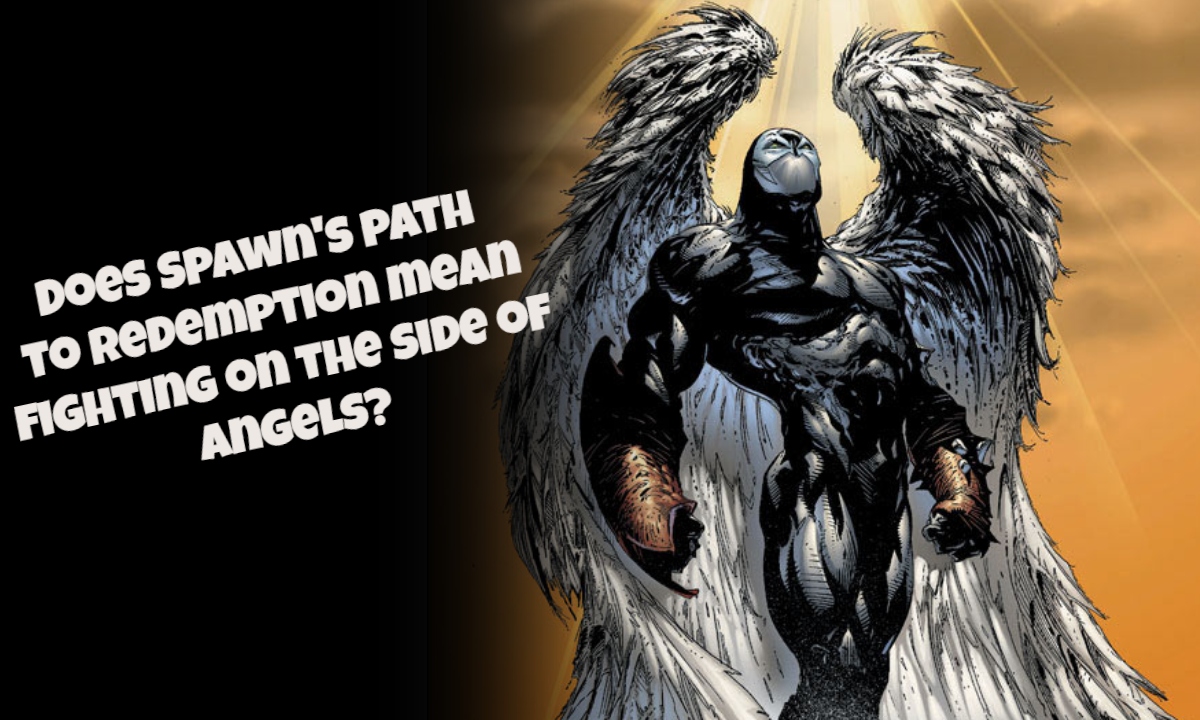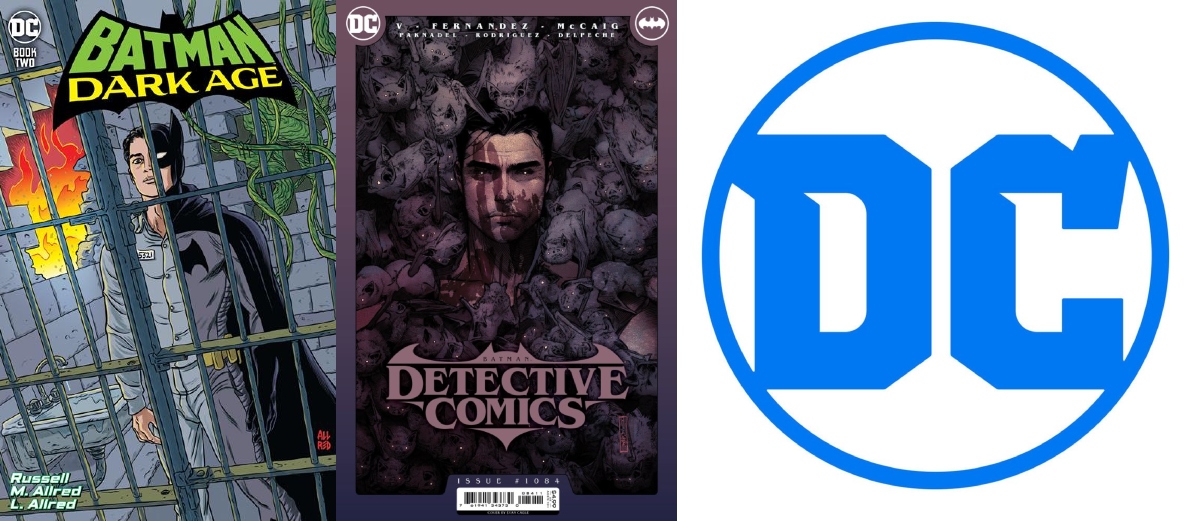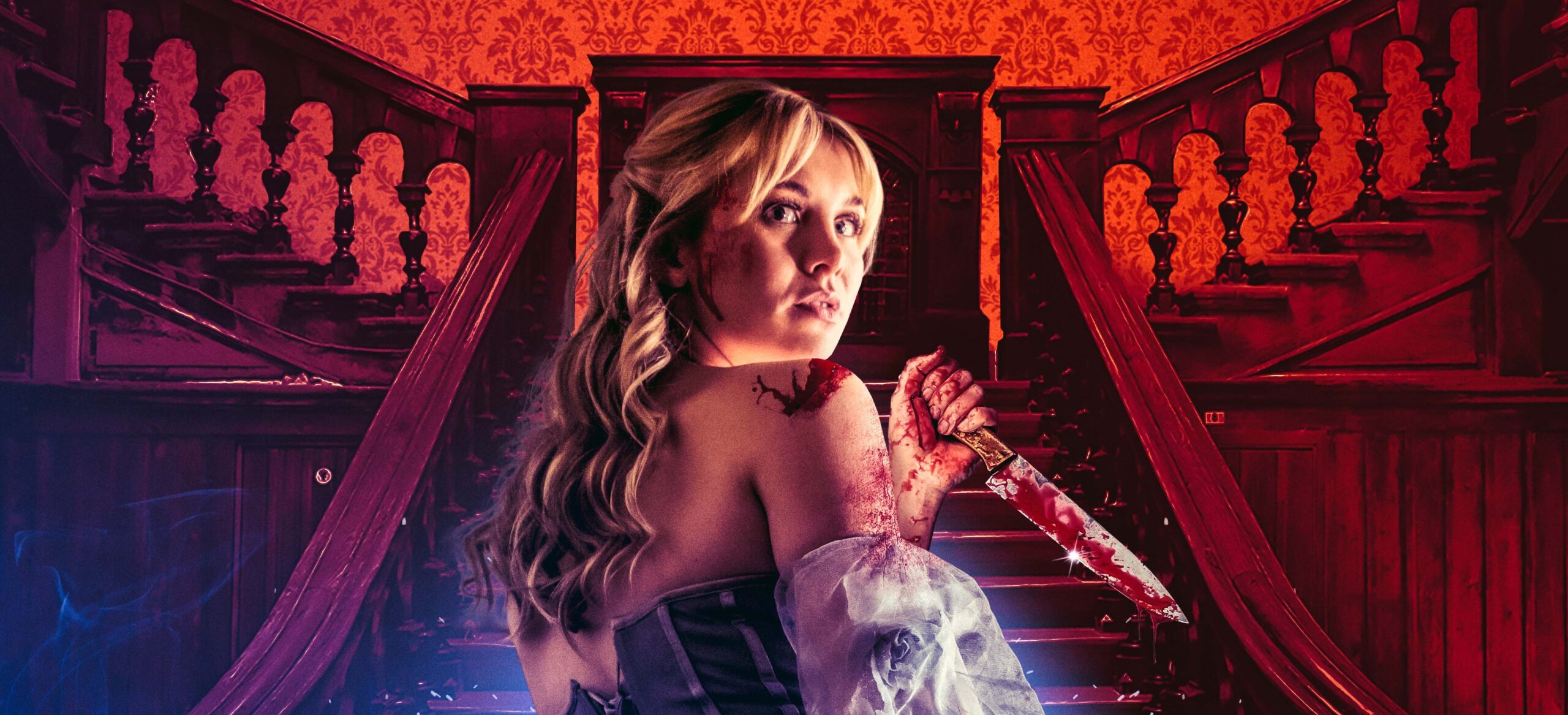![]()
Ever since his debut feature Shotgun Stories, filmmaker Jeff Nichols has provided a voice for the South with films like Mud, Take Shelter and the action-thriller Midnight Special earlier this year. What he hadn’t done before was to tell a true story taken from a lesser-known part of the South, and a couple whose bravery helped lead to changes in the Constitution, specifically about men and women of different races being able to marry.
Nichols ended up writing and directing Loving, based on the true tale of Richard and Mildred Loving (as played by Joel Edgerton and Preacher’s Ruth Negga), who fall in love in Virginia in the late ‘50s. When she becomes pregnant, they go to Washington, DC to get married, essentially breaking Virginia laws about mixed race married couples. Upon returning home, they’re promptly arrested and the pregnant Mildred is thrown in jail, and they’re essentially forced out of the state if they want to live as a free couple. As their family grows, they become more frustrated with being away from their families, and eventually, Civil Rights lawyer Bernie Cohen (Nick Kroll) comes forward to help them fight their case, even taking it to the Supreme Court to change the clause in the Constitution that forbids their marriage.
It’s a more subdued drama than we’re used to seeing, but it works beautifully in getting the viewer behind the Lovings, mainly due to Nichols’ script and the indelible performances by Edgerton and especially Negga.
LRM spoke on the phone to Nicholas a few weeks back, a far-too-short interview where we quickly got to find out about some of the inner workings of making a drama based on such an important story.
LRM: When we spoke in March or April, I remember you mentioned that how this story depicts Southern men as something that interested you. There probably wasn’t a lot of film of him out there, so what was it about Richard Loving that interested you?
Jeff Nichols: You know, there was actually film on him. There were three separate interviews done in the mid-60’s by Hope Wright, and there were a handful of interviews, but he didn’t talk a lot during them. There was some footage. Where that footage led me was very much to my grandfather. I could sit for hours with my grandfather and share like five words. Despite his inability to articulate emotion or feelings or sentiment, you always knew how he felt about you. A big part of that was because my grandmother made sure we knew, just like Mildred is the emotional voice of that family. He just reminded me of my grandfather who was a propane truck driver in Arkansas, you know, blue collar working class guy. I just thought about how uncomfortable my grandfather would have been in front of a camera or in an interview situation. It somehow deepened my connection to Richard, because when I watched this footage of him, literally just cringing under the weight of the lens that’s on him. It just made me feel sorry for him. In a bigger way, bigger ideas that you deal with definitely involves the cult of domesticity of the ‘50s and ‘60s, but if you look at his role in the family, which was a man who the one thing he was capable of was working hard and providing for his family. How that was taken away from him, how that confidence was eroded and robbed, and how emasculating that must have been for him. I was very struck by that.
LRM: He reminded me of my own dad as well, which I only realized the second time I saw the movie. I just watched Nancy Buirski’s new doc about Sidney Lumet right after seeing “Loving†a second time. I hadn’t realized she directed “The Loving Story†doc and had found footage that we see being shot in your movie.
Nichols: She did. I believe she was led to it by Phil Hirschkop, actually. One of the lawyers brought it up. She was working on The Loving Story but didn’t know about this footage. It was sitting in a closet somewhere. She could tell that story better than I could, but that was my understanding.
LRM: I know a lot of people didn’t know really know this story before Nancy’s doc and even now…
Nichols: I didn’t know about it.
LRM: I talked to a lawyer friend of mine, and apparently this is something he studied. Before I’d seen the movie, he spent 20 minutes telling me the entire story about the case and everything.
Nichols: Well, if you take a constitutional law case, then you’re going to study Loving v Virginia. Lawyers are the only ones that actually know this story I think. (laughs)
![]()
LRM: How did you go about finding Ruth? Obviously she’s a quite a revelation, she’s amazing. Both her and Joel together are great as well, but you had already worked with Joel, so what was the process of finding Ruth?
Nichols: She fell out of the sky like an angel. I have a casting director named Francine Maisler, who is one of the best. We had a casting session–this was before I had Joel cast and before I had gone off to make Midnight Special, actually. Ruth was the first person that she brought in the door. She sat down, and she was Mildred. She had been doing exactly what I had been doing, which was poring over this documentary footage. She had done all the mechanical work to bring Mildred to life right in front of me., so it was a very easy decision.
LRM: One thing about the movie I’m sure other people have pointed out, is the drama is very subdued. I think we’re used to these dramas where there’s a lot of big, emotional fireworks, but you don’t do that. I think it makes them feel more like real people than as characters in a movie.
Nichols: It makes you pay attention in a different way to the way you process their conversations.
LRM: Exactly. So was it very obvious you had to take that approach?
Nichols: Well, that was their story. If there were more harrowing details they would have made it in, you know? To behonest, there probably were more harrowing things that happened to them that I just didn’t know about, didn’t have access to, and didn’t want to just speculate on it, creating from scratch. I think it goes beyond that. It even goes beyond the research to a degree. You’re thinking about the concept of what people had a problem with back then. What people didn’t like about Richard and Mildred was that they existed. How as Richard and Mildred do you argue against your own existence or argue for it? You don’t. It’s an impossible argument to make; you just continue living. You just continue existing. It made a lot of sense that if that was their defiance, if that was the point they were making, then we need to make a movie that focuses on their day-to-day lives, that focuses on them having children, them surviving, them going to work. That is representative, chiefly, of the personalities of Richard and Mildred that I was able to figure out from all this footage. But also really a point that they’re making. That is their statement, is to just continue living together as man and wife.
LRM: Were there a lot of blanks that you had to fill in? When you’re making a movie about real people who are no longer alive, there’s certain moments where there’s no documentation of, so how do you go about filling in those blanks in their story?
Nichols: To be honest, the first two-thirds of the film were pretty well documented. Their marriage in D.C., their arrest, being jailed, tried, exiled. Even her time in D.C., the cousin walking in and saying as Mildred is watching the ’63 March, “You need to write Bobby Kennedy.†Bernie Cohen’s first contact. All those things were actually pretty well-documented. When they slipped into hiding in Virginia in the back third of the film, that’s where details get pretty sparse. What they were doing in their day-to-day lives while the court case was progressing outside of their lives. That’s where I didn’t have much to go on. In lieu of detail, I just tried to focus on this other idea, which was this pervasive psychological threat that was just hanging over them for years. How that must have worn on them, Richard especially, because Richard’s a white man in the Jim Crowe south of the 1960’s. Now he’s drawn into this looming threat that has lived so long over the black community, now he’s a part of it. That’s what I built the back third out of.
![]()
LRM: Did you get a chance to talk to their kids also?
Nichols: The only surviving child is Peggy. She was the first person I met when I went to Virginia in 2012 to start my research, but she’s a lot like her father–she didn’t talk very much. To her credit, she was 5 years old in ’67 when the court case came down. She wasn’t born until they were already in D.C. for a couple years. The type of detail I was asking for, she didn’t have access to. What she did provide was this type of permission, this confidence to move forward. I shared the script with her before we started shooting. She came to set a few times. There were these very important kind of looking at her and saying, “How are we doing?†and her just giving us the thumbs up.
LRM: There’s two moments in the movie that got the exact same reactions each time I saw the movie, kind of a smile from the audience. One of them is Michael Shannon’s cameo. The other one is when Nick Kroll shows up as Bernie Cohen, which is unexpected, because he actually brings a lightness to the role without playing it like a comedy. What was your inspiration to cast him?
Nichols: It’s interesting, but when I would go back and read through the script, whenever Bernie Cohen would show up, it felt like this other gear in the engine that you desperately needed. I knew I needed somebody … First and foremost, just like with Richard and Mildred, I had the real Bernie Cohen in my mind from all this documentary footage. I was making Midnight Special down in New Orleans and I was watching The Kroll Show on Comedy Central. “I think that guy kind of looks like the real Bernie Cohen,†then I looked him up on IMDB and his photo on IMDB was him at some red carpet thing but he had horn-rimmed glasses on. “That guy looks exactly like Bernie Cohen!†Then you start to reach out and start to look into the guy. Obviously, he’s very intelligent because most comedians are that are working at that level. He had just produced and done Adult Beginners. Then you find out his dad went to Georgetown Law just like Bernie Cohen did. I don’t know. It just started to make sense. He came to Austin to see me and talk about the part. Honestly, I just thought it was an inspired choice.
LRM: No, it definitely was. Did the state of Virginia ever apologize to Mildred about what happened? Was there ever any kind of closure in that sense or it was just a matter of them winning the case and moving on with their life?
Nichols: Yeah, I think they have made some concessions at different times. I know that when we were on set making the film, the Governor had a ceremony at his home. Peggy Loving was there, and he invited the cast and crew. I think Virginia’s been very outspoken about their support of Richard and Mildred. I couldn’t tell you if there’s been a specific formal ceremony or something or apology, although it wouldn’t surprise me if there has been.
Loving opens in New York and L.A. today, Friday, November 4, and then expand wider over the course of November. Look for our interview with Joel Edgerton sometime next week.

 FOR FANBOYS, BY FANBOYS
Have you checked out LRM Online’s official podcasts and videos on The Genreverse Podcast Network? Available on YouTube and all your favorite podcast apps, This multimedia empire includes The Daily CoG, Breaking Geek Radio: The Podcast, GeekScholars Movie News, Anime-Versal Review Podcast, and our Star Wars dedicated podcast The Cantina. Check it out by listening on all your favorite podcast apps, or watching on YouTube!
Subscribe on: Apple Podcasts | Spotify | SoundCloud | Stitcher | Google Play
FOR FANBOYS, BY FANBOYS
Have you checked out LRM Online’s official podcasts and videos on The Genreverse Podcast Network? Available on YouTube and all your favorite podcast apps, This multimedia empire includes The Daily CoG, Breaking Geek Radio: The Podcast, GeekScholars Movie News, Anime-Versal Review Podcast, and our Star Wars dedicated podcast The Cantina. Check it out by listening on all your favorite podcast apps, or watching on YouTube!
Subscribe on: Apple Podcasts | Spotify | SoundCloud | Stitcher | Google Play



